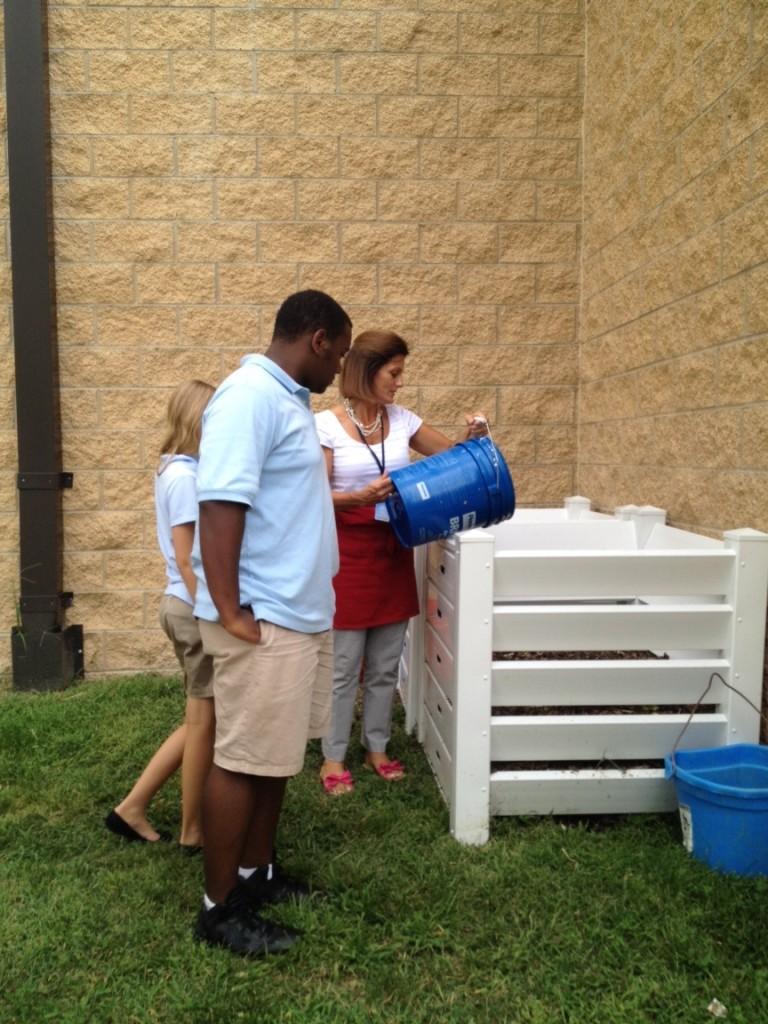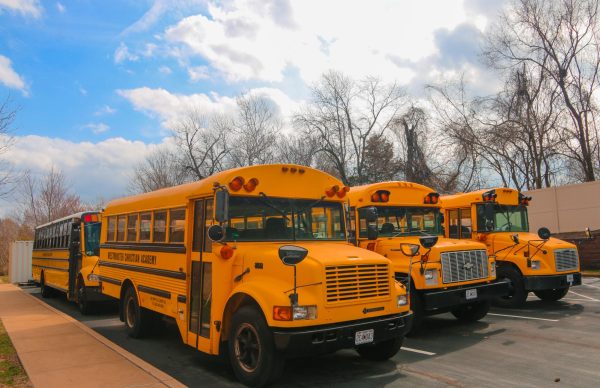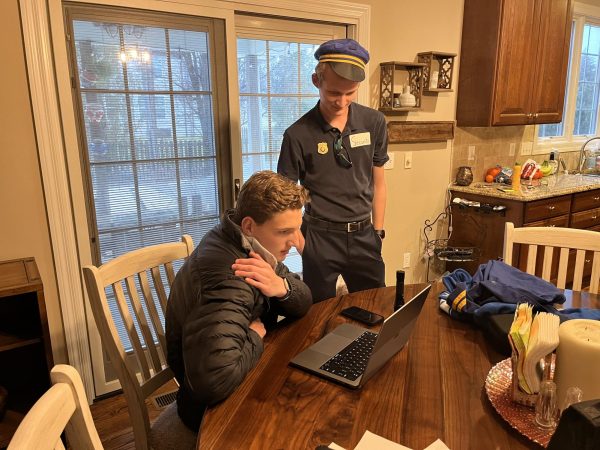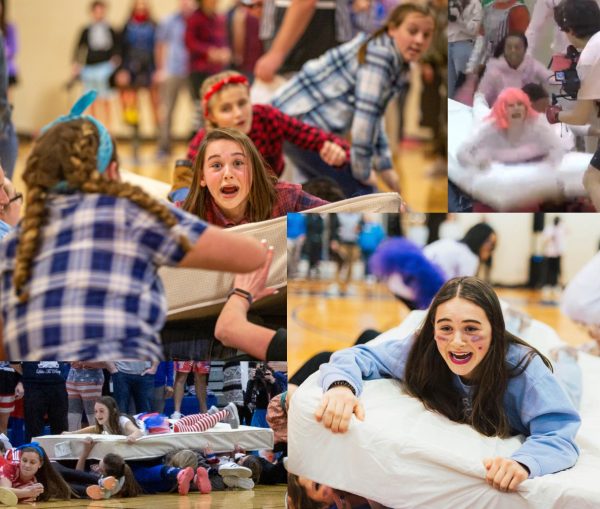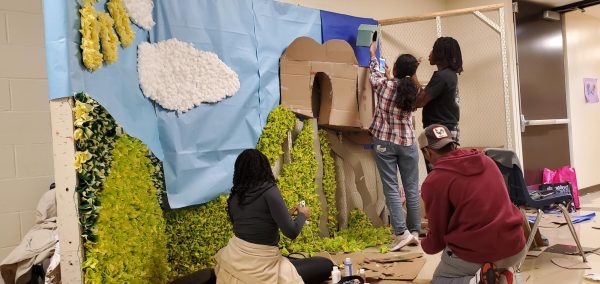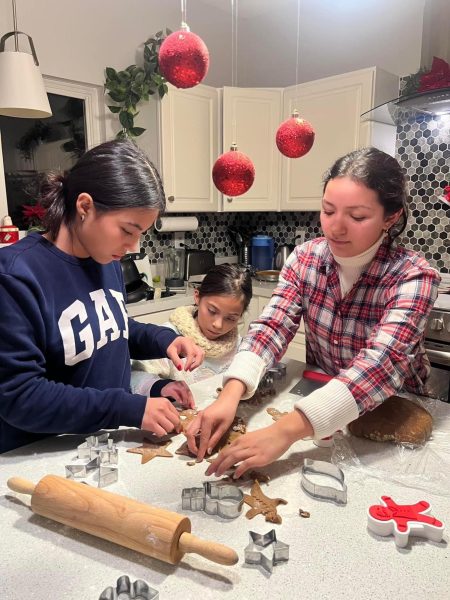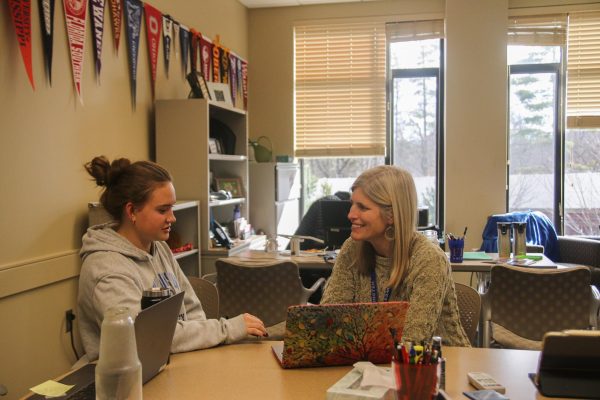It’s Not Easy Being Green
The Garden Club strives to become more eco-friendly through WCA’s new trash system.
Last year, the Garden Club spent a large amount of time brainstorming about how to make WCA a more environmentally-friendly campus. The labeled trash bins seemed like one of the most efficient and cost-effective ways to do this.
“We want to take care of God’s creation, and this is part of how we are doing that,” said Maren Osterholt, senior.
Time, effort, and money have been put into these new trash containers. The hopes of the WCA Garden Club are high. Although many members of the WCA staff strongly believe in composting and recycling, the Garden Club members were the ones who brought this specific idea to the attention of the school.
“Honestly, I was surprised by the purchase of the system in August, because I did not know that the facilities team liked the idea so much. I felt a bit overwhelmed because I felt that there needed to be more education on this before implementation,” said Brookie Moore, parent facilitator of the Garden Club.
The WCA Student and Community Garden Club was new to the school last year. The goal of the Club is “to have meaningful conversations and engage in pivotal experiences as we explore ways of being good stewards of God’s creation,” as stated in the WCA Student and Community Garden Proposal for Gardening and Composting Campaign.
The idea of composting started when Julie Grimm, Master Gardener at the Missouri Botanical Gardens, spoke to the Garden Club in October of 2012. She taught students about composting and even taught them to put compost on some of their plants. The club was amazed to discover a huge increase in the heartiness of the plants as they watched more fruit grow.
“Following this discovery, I began visiting other schools to find out about their composting practices. Soon I discovered that a huge majority of schools in the area did a much better job recycling and composting than WCA did,” said Moore.
But after implementing the new system of waste disposal, WCA has decided to go one step further than other schools and introduce on-site composting.
“The catch is this: all of the other schools have hired a service called Blue Skies to pick up their compostables. I figured that the only way to ‘leapfrog’ all the other schools on this issue is if we started composting on site. That way we are not paying for a truck to drive over to do the composting for us,” said Moore.
This new system began on a whim. After discovering the importance of compost, the Garden Club felt as though it was their duty to bring this concept to WCA . Thus, they decided to increase recycling as well as implementing composting on campus.
“The Garden Club threw together a little proposal and demonstration site at the WCA STEM Symposium last spring,” said Moore.
WCA’s results have proved to be successful thus far.
“At the present rate, compared to last year, we are keeping over a thousand yards of trash per year out of the landfill and recycling 350 yards more a year,” said Mark Jennings, Director of Facilities.
WCA has been helping to preserve the earth since the implementation of the new trash disposal system. Students, parents, and faculty can help the earth by taking a little extra time by properly throwing away their trash.
Still, complaints can be heard around the school regarding the new trash containers in the WCA café. As with anything new kinks are to be expected. Some confusion and bottlenecks at the end of lunch are also being experienced by students.
“If people give it time, then it will get better and students will get used to it,” said Osterholt.



